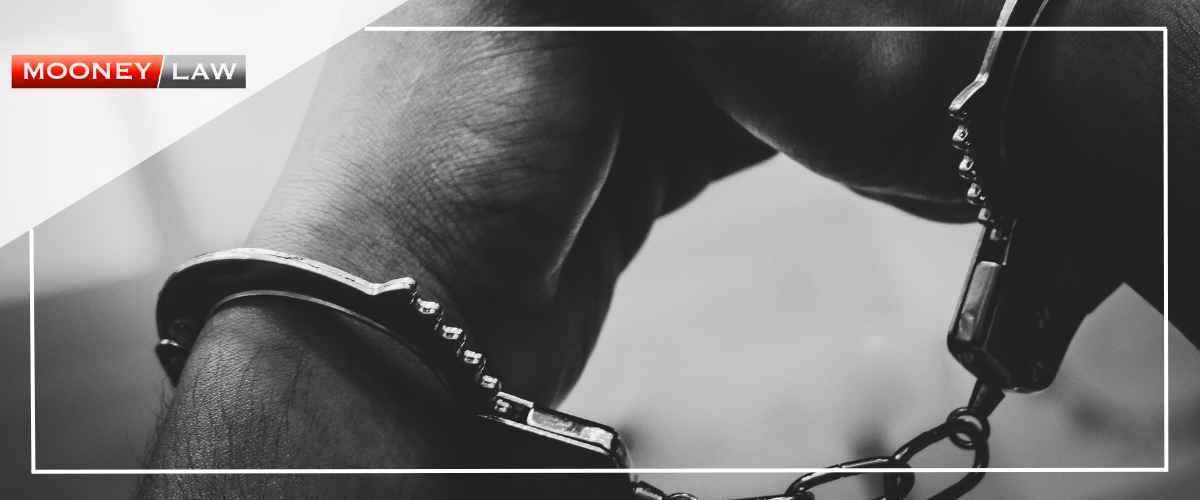A criminal record can seriously affect everything from job prospects to finding a place to live and even pursuing education. However, there is some hope in Pennsylvania with the Clean Slate Law.
This law is designed to lessen the impact of past mistakes. It marks a progressive step toward changing our thoughts about criminal records and their aftermath.
If you are wondering how this law might change your life, speaking to a criminal defense attorney in Pennsylvania could be the key to unlocking a brighter future. This conversation explores the new doors this law has opened for many people while also focusing on the essential guidance a local defense lawyer can provide in making sense of these changes.
Overview of Pennsylvania’s Clean Slate Law
Pennsylvania’s Clean Slate Law, enacted in 2018, is groundbreaking legislation designed to automatically seal certain criminal records from public view. The law targets non-violent misdemeanors and summary offenses, allowing individuals to move forward without the burden of a past criminal record affecting their future.
It is one of the most ambitious attempts at criminal justice reform in the United States, setting a precedent for similar initiatives in other states.
Eligibility Criteria
The Clean Slate Law outlines clear parameters for individuals to benefit from having their records sealed. Specifically, it applies to certain non-violent misdemeanor convictions, offering a second chance to those who have demonstrated a commitment to going at least ten years without any subsequent convictions. In addition, the law extends this opportunity to cases of arrests that did not lead to convictions, ensuring that such instances do not unjustly affect one’s future prospects.
However, meeting the criteria involves more than a clean record post-conviction or arrest. Individuals must also have fulfilled all financial obligations related to their case, including paying all fines and court costs. However, it is crucial to understand that the law sets boundaries on what types of criminal convictions can be sealed.
Offenses excluded from eligibility include serious crimes, like violent offenses, sexual assaults, and DUIs. This criterion ensures that the law supports those striving for rehabilitation while maintaining protections against forgiving violent offenders.
The Role of Automation in Sealing Records
A unique aspect of Pennsylvania’s Clean Slate Law is using automation in sealing. Records are sealed automatically for eligible cases, eliminating individuals needing to petition the court manually. This process significantly streamlines record sealing, making it more accessible to those who may not have the resources or knowledge to navigate the legal system independently.
Impact on Employment and Housing Opportunities
One of the Clean Slate Law’s most significant benefits is its potential to improve employment and housing prospects for those with sealed records. With certain offenses hidden from public view, individuals may face fewer barriers when applying for jobs or housing, as many employers and landlords conduct background checks as part of their screening process.
This change can lead to more opportunities for stable employment and secure housing, contributing to individuals’ overall rehabilitation and reintegration into society.
Importance of Legal Guidance
While the Clean Slate Law offers a path to sealing criminal records, navigating the legal process can be complex. Working with a criminal defense attorney in Pennsylvania can ensure you are better positioned to exercise your legal rights.
A knowledgeable Pennsylvania defense lawyer can assess an individual’s eligibility for record sealing, guide them through the process, and provide advice on maximizing the law’s benefits. Furthermore, guidance from a dedicated legal team is critical in petitioning the court for discretionary sealing under Pennsylvania’s limited access law for cases that do not qualify for automatic sealing.
Challenges and Considerations
Despite its potential benefits, the Clean Slate Law has its challenges. The automatic sealing process relies on accurate record-keeping and system updates, sometimes leading to delays or errors.
Sealed records are not erased; they remain visible to certain entities such as law enforcement and state licensing agencies. Therefore, individuals should consult with a Pennsylvania defense lawyer to fully understand the scope and limitations of sealed records under this law.
Contact Our Pennsylvania Defense Lawyer
Pennsylvania’s Clean Slate Law marks a significant step forward in criminal justice reform, offering hope and new opportunities to those burdened by past mistakes.
By allowing certain misdemeanors and non-convictions to be sealed from public view, the law aims to reduce the stigma and barriers associated with criminal records, facilitating greater access to employment, housing, and education.
However, understanding the nuances of this legislation and leveraging its full potential requires the guidance of an experienced criminal defense attorney in Pennsylvania.
If you could benefit from the Clean Slate Law, contacting a knowledgeable Pennsylvania defense lawyer at Mooney Law can be the first step toward a brighter, unburdened future.
At Mooney Law, we are committed to helping our clients understand their rights and opportunities under this transformative law. We guide them through every step to ensure they can maximize this second chance. Contact our team now to schedule a consultation.



